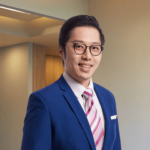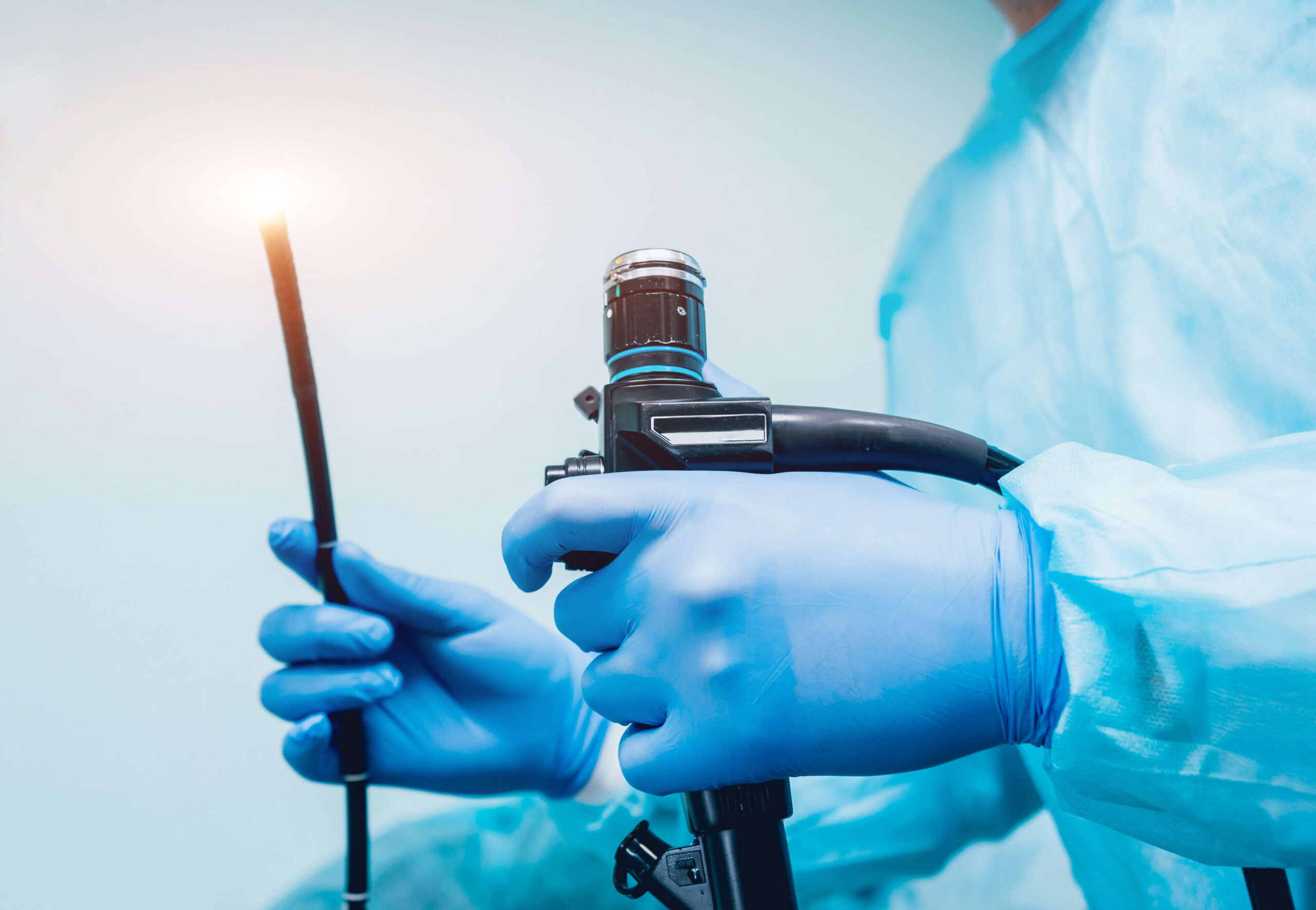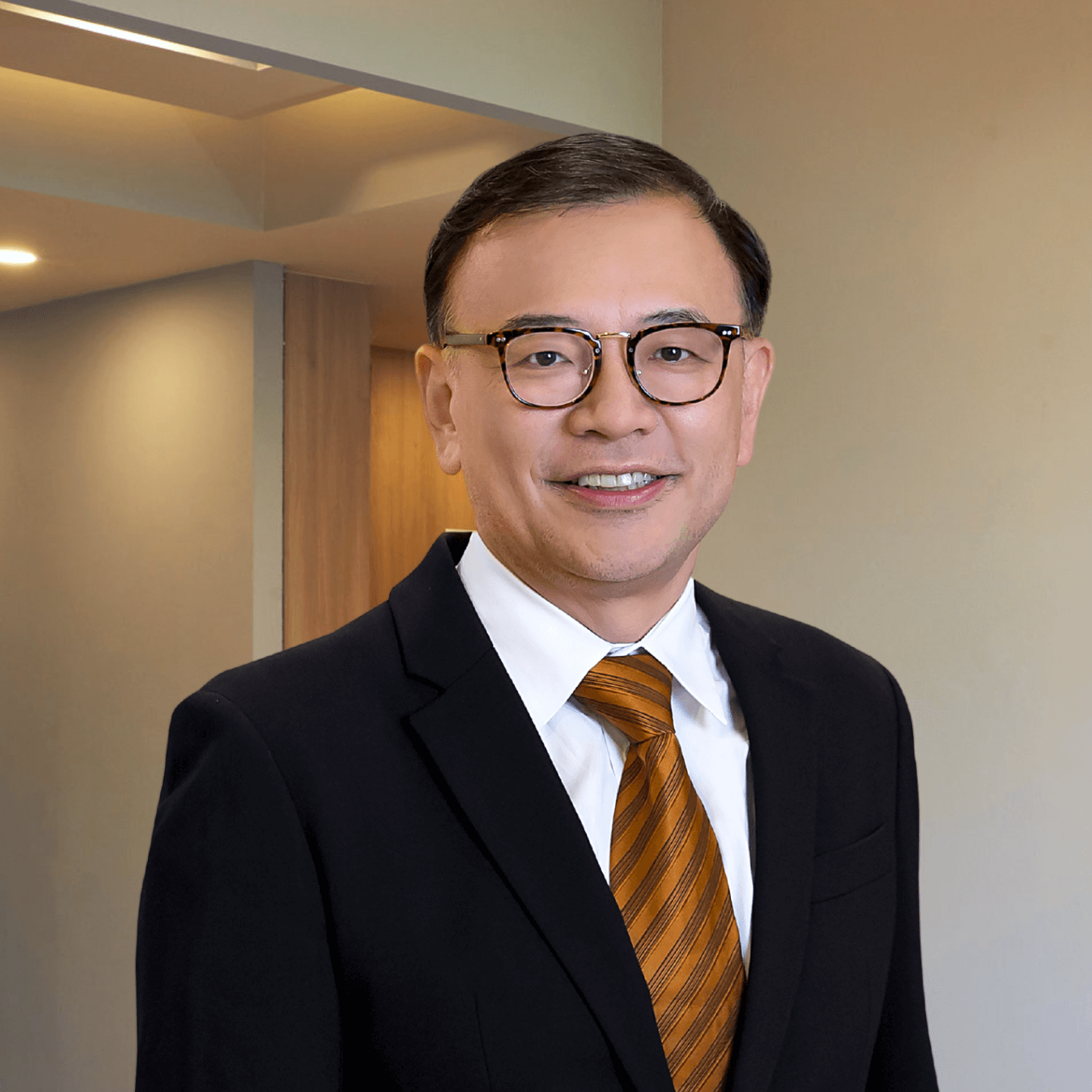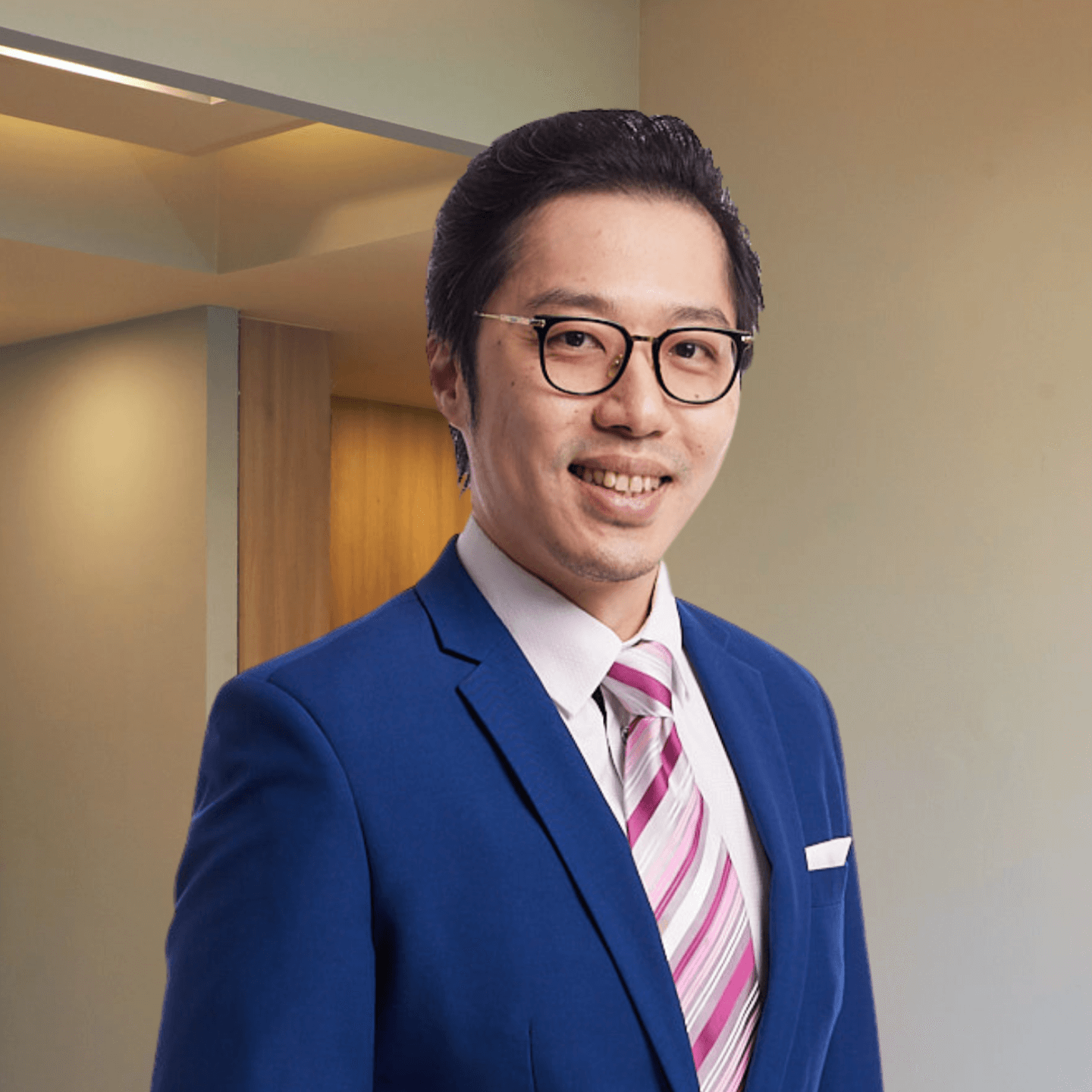Dr Tan continues to be one of few surgeons in Asia who perform specialized surgery for peritoneal malignancies in Asia.
- MBBS (Bachelor of Medicine & Surgery, First Class Honors & Distinction at the University of London) 1994
- RCSEd (Fellow of the Royal College of Surgeons Edinburgh) 1999
- Further training in advanced HPB surgery and liver transplantation at the world renowned Liver Unit of Queen Elizabeth Hospital in Birmingham, United Kingdom.
- Further training in living donor liver transplantation in Japan.
With his interest in gastrointestinal and hepatobiliary-pancreatic (GI-HPB) surgery and the treatment of cancer, Dr Tan joined the department of surgical oncology at the National Cancer Centre in 2003 as a consultant.
Dr Tan’s interest in the management of peritoneal surface malignancies was part of his effort in leading a multidisciplinary team from NCC to Washington Cancer Institute to adopt the techniques and protocols of peritonectomy and HIPEC (Sugarbaker procedure) from Dr Paul Sugarbaker in 2009.




